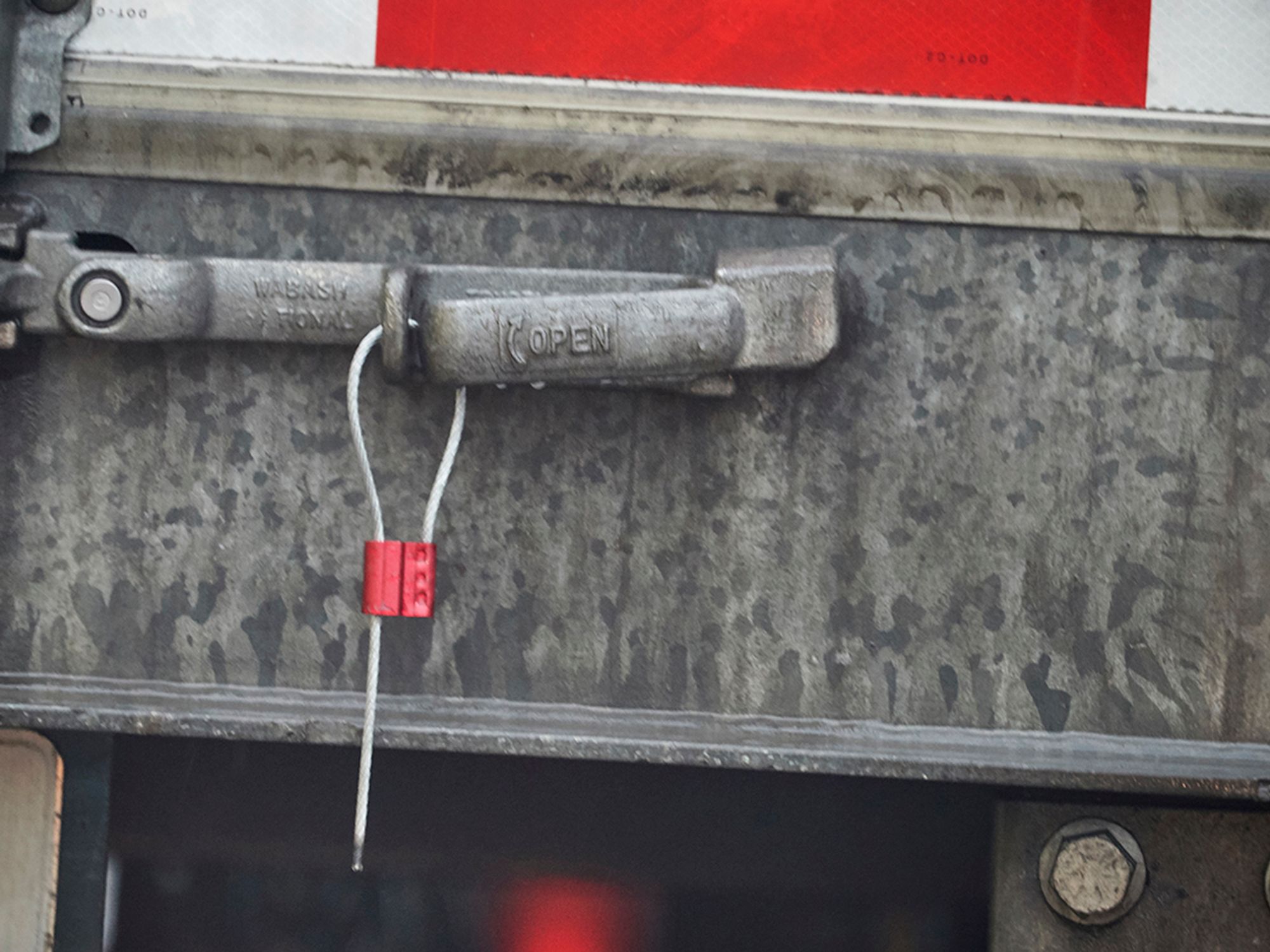InstituteTransportation SecurityTransportation SecurityTransportation SecurityTransportationFree and Secure Trade (FAST)Focus AreaSecurity - Motor CarrierCargo securityEnglishAnalysisIn Depth Sub Topics (Level 4)Customs-trade partnership against terror (C-TPAT)USA
Security seal obligations for C-TPAT & PIP members
['Transportation Security']

- Certain customs initiatives require motor carriers to use an ISO 17712 high-security cargo seal.
For use of a Free and Secure Trade (FAST) lane into the United States and/or Canada, motor carriers can apply for membership in the following border-crossing security programs:
- U.S. Customs-Trade Partnership Against Terrorism (C-TPAT) program
- Canadian Partners in Protection (PIP) program
Membership in either customs initiative requires implementation of minimum-security criteria, including the use of an ISO 17712 high-security cargo seal. Qualifying cable and bolt seals are both acceptable.
A carrier that habitually fails to seal a load with an ISO 17712 security seal may have its C-TPAT privileges suspended if it does not address its security shortfall.
Identifying an ISO 17712 security seal
ISO 17712 high-security seal markings include:
- The manufacturer’s name, and
- An imprinted “H.”
For more information, go to U.S. Customs-Trade Partnership Against Terrorism.
